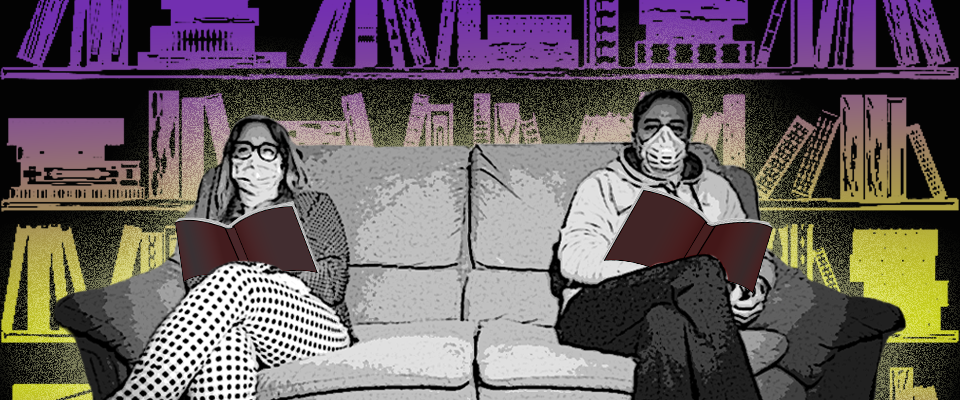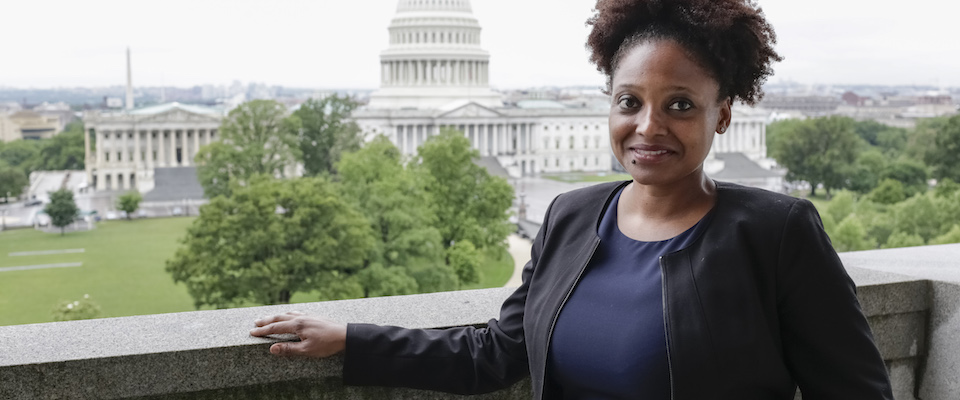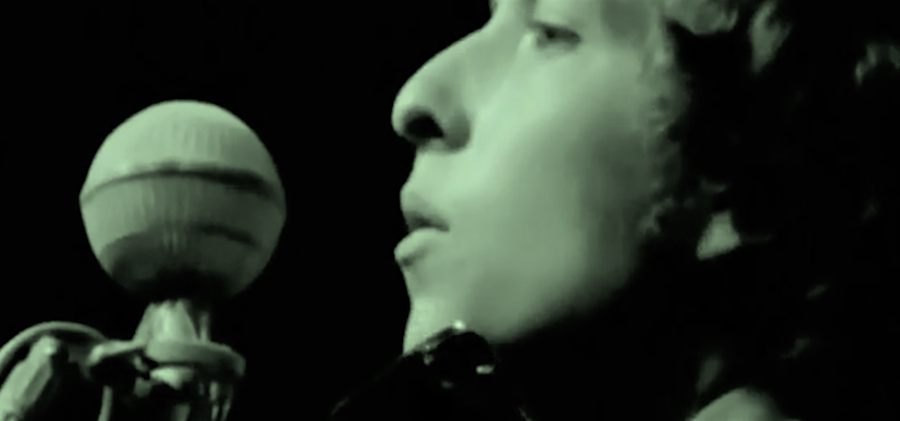Matthew Zapruder, M.A. ’94, is a poet, editor, and professor at St. Mary’s College of California. He’s the author of several books and poetry collections, including Sun Bear (2014), Why Poetry (2017), and Father’s Day (2019). In 2016, Zapruder served as the New York Times Magazine poetry editor for a year, selecting and introducing a new poem every week. “When I think of these introductions,” he wrote at the outset, “I imagine them as little keys that will open the lock of the poem. And each time, just like in those old stories we heard as children, once the lock opens, the lock and key will disappear, and it will be clear that nothing was ever locked at all.”
Continue your at-home education with our ongoing series, “Quarantine Culture,” featuring recommendations from the Cal community for what to watch, read, listen to, and cook during shelter in place.
Here’s what Zapruder had to say:
I wish I could say I had so much more time to read now, but that does not seem to be the case. I have been trying to get up earlier than usual to read from an actual physical book, held in my physical hands. Even 15 minutes or so is good medicine before the day and its devices.
Here are some things I have been reading and loving:
1. Self-Portrait by Celia Paul

I’m rereading Celia Paul’s extraordinary memoir, the inevitably titled Self-Portrait. Paul met Lucian Freud as a young art student and became his romantic partner. Eventually they had a child together. But this is really a memoir of intense independence and artistic commitment. Paul lives an extraordinary, almost monkish life of devotion to painting. Her main subject are her mother and siblings, as well as her son and her husband (with whom she does not live). Written in utterly clear and unsentimental prose, the book is full of detailed reminiscences of her time as a young artist, gorgeous reproductions of her paintings and Freud’s, and her excellent poems written in her diary at the time. I love this book and will reread it often I am sure.
2. A Tradition of Rupture by Olga Pizarnik, translated by Cole Heinowitz

A Tradition of Rupture, by Olga Pizarnik, and translated by Cole Heinowitz, is a collection of the poet’s prose. Pizarnik, who took her own life in her mid-30’s, is one of Argentina and Latin America’s central literary voices. This book constantly displays a singular intelligence and commitment to poetry. In response to an interviewer’s questions about the importance of poetry in the contemporary world, she writes, “We need a place where the impossible becomes possible,” and “Poetry brings news from the other side.”
3. Odes to Common Things by Pablo Neruda

Neruda’s Odes to Common Things (Odas Elementales), in various translations. They are deliberately simple and direct poems about everyday objects, which are constantly spinning off in exciting ways. I think they are some of the greatest poems ever written, and I go back to them for inspiration and solace.
4. Dream of Europe by Audre Lorde

I just received in the mail a new collection of Audre Lorde’s selected seminars and interviews, Dream of Europe. I can’t wait to carefully remove it from its protective plastic and begin some spiritual social undistancing. I love her poems, and her essay “Poetry is Not a Luxury” is practically a manifesto for living and writing poetry, as if those things could be distinguished.
5. “This Lime-Tree Bower My Prison” by Samuel Taylor Coleridge

Finally, I keep rereading Coleridge’s poem “This Lime-Tree Bower My Prison.” It’s a sweet, funny, noble and deeply felt poem about being stuck inside when your friends go on a long hike. Basically, it’s prototypical FOMO, and since we are all currently MO on just about everything, it feels particularly pertinent. It also has possibly my favorite last line ever, at the end of a passage in which the poet imagines a bird (a rook) flying over the head of his friend Charles Lamb:
My gentle-hearted Charles! when the last rook
Beat its straight path along the dusky air
Homewards, I blest it! deeming its black wing
(Now a dim speck, now vanishing in light)
Had cross’d the mighty Orb’s dilated glory,
While thou stood’st gazing; or, when all was still,
Flew creeking o’er thy head, and had a charm
For thee, my gentle-hearted Charles, to whom
No sound is dissonant which tells of Life.





















